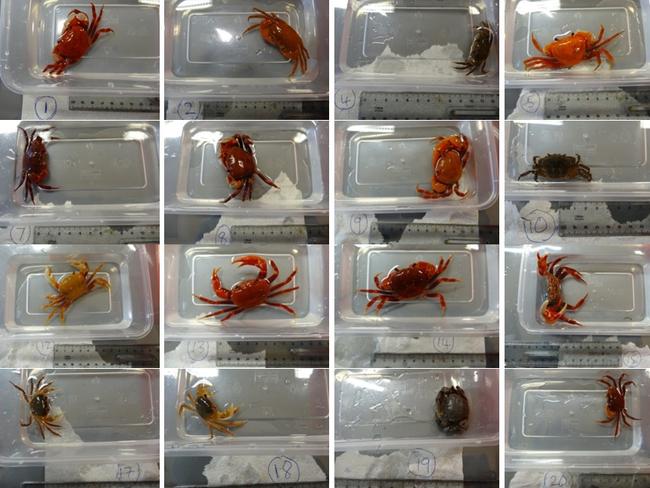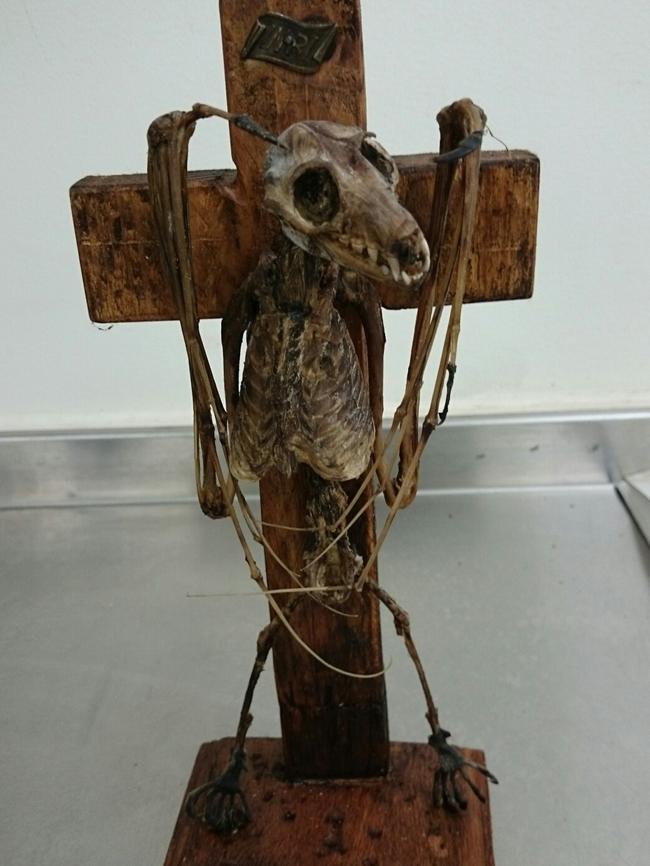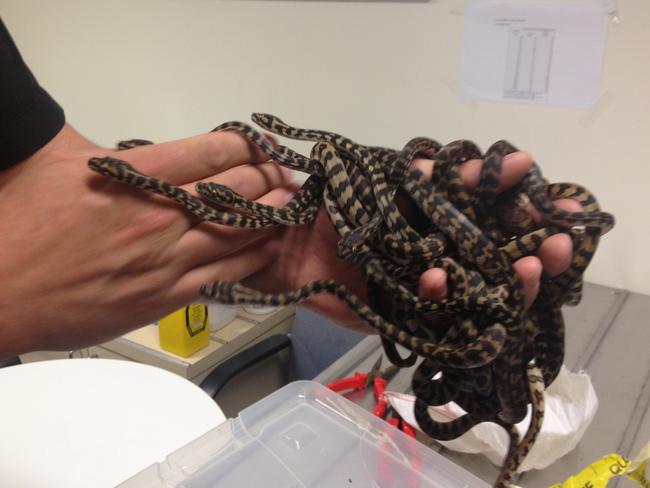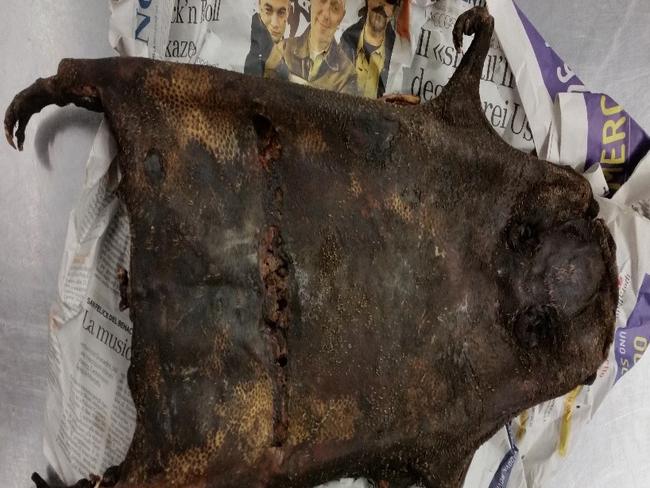The bizarre items seized by biosecurity officers at Australian airports
WHEN it comes to clandestine items, drugs aren’t the only things that get seized at Adelaide Airport. What biosecurity officers often confront are truly bizarre, grim and stomach-churning even. WARNING: DISTURBING IMAGES
SA News
Don't miss out on the headlines from SA News. Followed categories will be added to My News.
A SNAKE which had been destined for a dinner table and a large colony of live ants are just some of the bizarre items seized at Adelaide airport by federal biosecurity officers.
The 30 officers stationed at the airport have dealt with a series of strange discoveries since the start of the year which could have threatened human health and South Australia’s farming industries and environment.

Federal Agriculture Minister David Littleproud said the Adelaide-based officers had detected more than 17,000 biosecurity risk items in 2017.
Last month, officers were alerted by an airline to the arrival of a colony of ants inside hollow tubes in an airfreight consignment from Singapore.
An entomologist discovered the ants were members of the exotic Dolichoderus species which have the potential to displace native Australian ants.
The goods were secured and fumigated.

Also in February, a passenger arriving from Cambodia declared that they were carrying a fresh snake, which was wrapped in plastic and prepared for human consumption. Due to the disease risk posed by fresh meat imports, the snake was forfeited and destroyed.
Biosecurity also confiscated raw rat meat which a passenger attempted to bring into Australia.
A biosecurity dog detected 1.5kg of home grown fruit which had been carried by a passenger arriving from Myanmar. Another passenger was fined after a dog sniffed out fresh fruit, salami and eggs carried on a flight from China.
More than 340,000 items which posed potential biosecurity risks were intercepted across Australia in 2017.
Mr Littleproud said the biosecurity system plated a vital role in protecting Australia’s agriculture, fisheries and forestry industries, which employed more than 300,000 Australians and supplied 93 per cent of domestic food.
“Confiscated items include duck tongues, chicken feet, cooked eggs, a barbecued rat, lizard’s feet and skinned frogs,’’ he said.

“Any one of the intercepted items could be carrying deadly pests or diseases which could decimate Australian farming and our environment — or carry a disease affecting humans.”
The biosecurity officers are employed by the federal Agriculture and Water Resources Department.
The Australian Bureau of Agricultural and Resource Economics and Sciences has estimated that the biosecurity system saves Australian farmers up to $17,500 per farm per year.
“We continue to improve the system to protect our $63 billion agricultural industries, the environment and community health,’’ Mr Littleproud said.

Australia’s busiest international airport is Kingsford Smith in Sydney, where 120,000 biosecurity items were seized in 2017.
This included 20,000 kilograms of meat, around 7000 kilograms of seafood, 3000 kilograms of seeds and 2000 kilograms of bananas
More information on biosecurity risk items and what can and can’t be brought to Australia from overseas, visit agriculture.gov.au/travelling.


